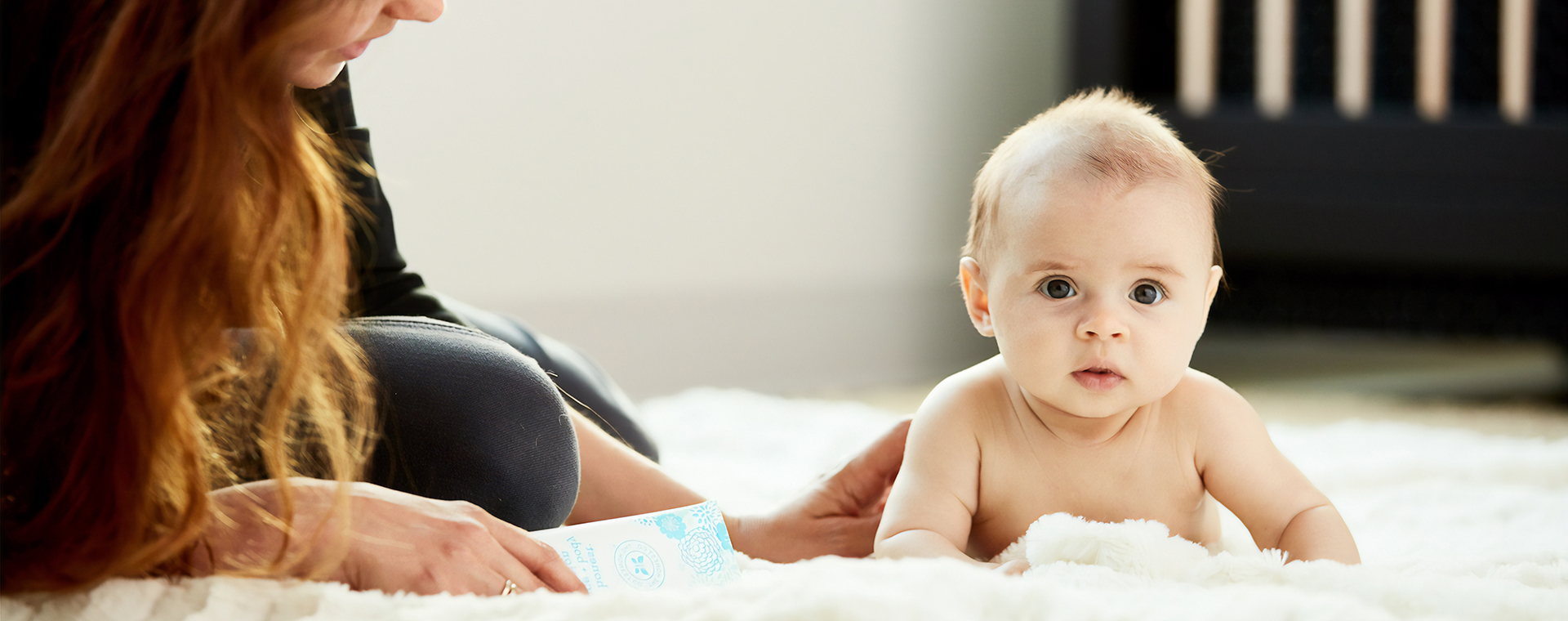Search
Research
Stillbirth risk prediction using machine learning for a large cohort of births from Western Australia, 1980–2015Almost half of stillbirths could be potentially identified antenatally based on a combination of factors
Research
The misnomer of ‘high functioning autism’: Intelligence is an imprecise predictor of functional abilities at diagnosisWe argue that 'high functioning autism' is an inaccurate clinical descriptor when based solely on intelligence quotient demarcations
Research
Associations Between Hyperphagia, Symptoms of Sleep Breathing Disorder, Behaviour Difficulties and Caregiver Well-Being in Prader-Willi Syndrome: A Preliminary StudyPrader-Willi syndrome (PWS) is a rare genetic disorder characterised by neurodevelopmental delays, hyperphagia, difficulties with social communication and challenging behaviours. Individuals require intensive supervision from caregivers which may negatively affect caregiver quality of life. This study used data collected in the Australasian PWS Registry to evaluate associations between child behaviours and caregiver mental well-being.
Research
Determinants of quality of life in Rett syndrome: New findings on associations with genotypeRett syndrome is a genetically caused neurodevelopmental disorder associated with functional deficits and comorbidities. This study investigated relationships between genotype, functional abilities and comorbidities and quality of life in Rett syndrome.
Research
Using a trauma informed practice framework to enhance understanding of and identify support strategies for behavioural difficulties in young people with Prader-Willi syndromeBehavioural support for young people with Prader-Willi syndrome (PWS) is necessary in home and school environments. The Trauma Informed Practice (TIP) framework has been used to support young people with complex behavioural needs in school settings. To identify parent and professional perspectives on behavioural challenges experienced by young people with PWS and strategies for supports, to inform understanding of how they are aligned with the TIP framework.
Research
A reduction in reported alcohol use in pregnancy in Australian Aboriginal communities: a prevention campaign showing promiseGlenn Martyn Pearson Symons BA (Education) PhD Candidate B.A. (Hons) PhD. Director of First Nations Strategy and Leadership; Head, First Nations

AuStralian Collaboration to Enhance Neuro-Development
Research
Communication of individuals with CDKL5 deficiency disorder as observed by caregivers: A descriptive qualitative studyCDKL5 deficiency disorder (CDD) is a genetically caused developmental epileptic encephalopathy that causes severe communication impairments. Communication of individuals with CDD is not well understood in the literature and currently available measures are not well validated in this population. Accurate and sensitive measurement of the communication of individuals with CDD is important for understanding this condition, clinical practice, and upcoming interventional trials.
Research
Parent-reported outcome measures evaluating communication in individuals with rare neurodevelopmental disorders: A systematic reviewCommunication impairments are a leading concern for parent caregivers of individuals with rare neurodevelopmental disorders. Clinical trials of disease modifying therapies require valid and responsive outcome measures that are relevant to individuals with RNDDs. Identifying and evaluating current psychometric properties for communication measures is a critical step towards the selection and use of appropriate instruments.
Research
Deletions in the CDKL5 5 untranslated region lead to CDKL5 deficiency disorderPathogenic variants in the cyclin-dependent kinase-like 5 (CDKL5) gene are associated with CDKL5 deficiency disorder (CDD), a severe X-linked developmental and epileptic encephalopathy.
